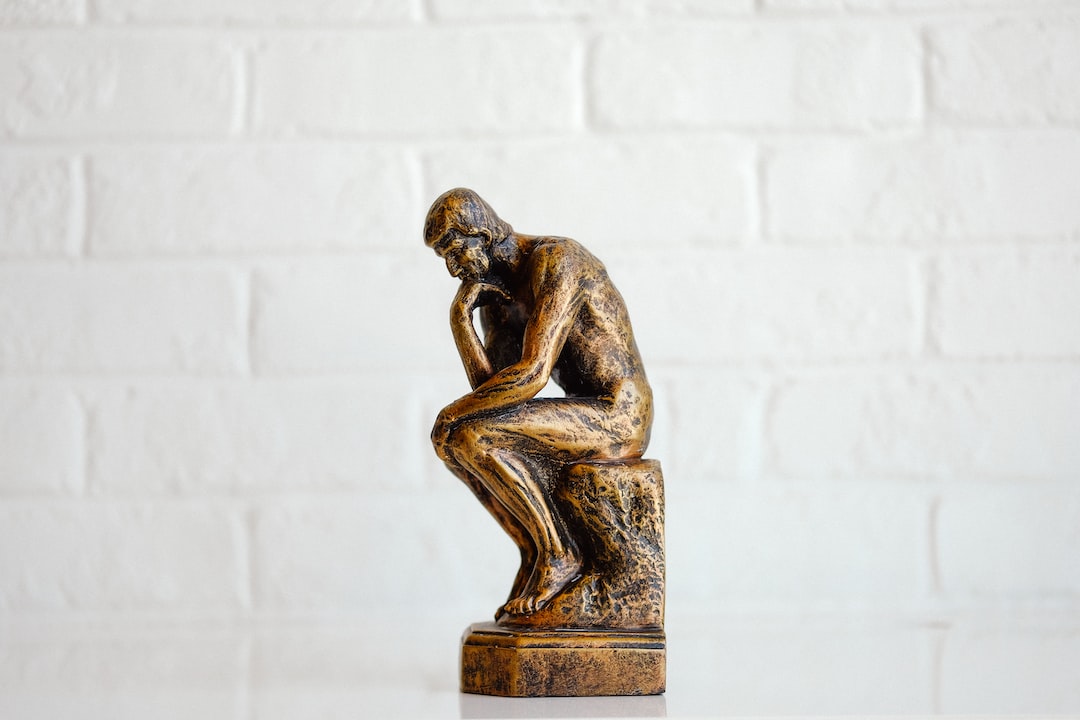The Rights of Victims in Personal Injury Cases: Seeking Compensation and Justice
In any personal injury case, it is crucial to understand and protect the rights of the victims. When someone has suffered harm due to the negligence or intentional actions of another, seeking compensation and justice is not only important for them but also for society as a whole. In this blog post, we will delve into the rights of victims in personal injury cases and the significance of receiving fair compensation and achieving justice.
The first and foremost right of a victim is the right to receive compensation for their injuries and losses. Personal injury cases can result in various damages, including medical expenses, loss of income, pain and suffering, emotional distress, and property damage. It is vital for victims to be able to recover their monetary losses and receive adequate compensation to help them rebuild their lives.
To seek compensation, victims have the right to consult and hire competent legal representation. Experienced personal injury attorneys can guide victims through the complexities of the legal process, ensuring their rights are upheld, and maximizing their chances of receiving fair compensation. Attorneys can help victims gather evidence, negotiate with insurance companies, and, if necessary, take the case to court.
Another crucial right for victims is the right to be heard and have their day in court. Personal injury cases often involve disputes over liability and damages. Victims have the right to present their side of the story, provide evidence to support their claims, and challenge the evidence presented by the defense. The court system serves as a neutral platform where victims can seek justice and hold wrongdoers accountable for their actions.
Victims also have the right to their privacy and dignity throughout the legal process. Personal injury cases can be emotionally taxing and invasive. The legal system recognizes the importance of protecting the well-being and privacy of victims. Victims have the right to refrain from disclosing personal information that is not relevant to the case, as well as the right to prevent unnecessary invasion of their privacy.
Moreover, victims have the right to access information about their case and to participate actively in the decision-making process. They should be kept informed about the progress of their case, including any settlement negotiations or court proceedings. Victims must be allowed to provide input and make decisions regarding their legal representation, the acceptance or rejection of settlement offers, and the best course of action to achieve justice.
It is important to note that victims have the right to seek compensation even if they were partially at fault for the accident or incident that caused their injuries. The legal concept of comparative negligence allows victims to recover damages even if they bear some responsibility. However, the compensation may be reduced in proportion to the victim’s degree of fault. This doctrine ensures that victims are not denied their rights solely because they share some blame for the incident.
Furthermore, victims have the right to seek punitive damages in some cases. Punitive damages serve as a form of punishment for the wrongdoer and aim to deter others from engaging in similar harmful behavior. Punitive damages are awarded in addition to compensatory damages, primarily when the actions of the defendant were particularly reckless or intentional. Although these damages are not available in every case, they are an essential tool for ensuring justice and deterring future negligence.
In conclusion, protecting the rights of victims in personal injury cases is of utmost importance. Victims should be able to seek fair compensation for their losses, have their day in court, maintain their privacy and dignity, and actively participate in the legal process. The legal system must ensure that victims are heard and supported throughout their journey to restore their lives and achieve justice. By upholding and advocating for the rights of victims, we can create a society that holds wrongdoers accountable and prevents future harm.

